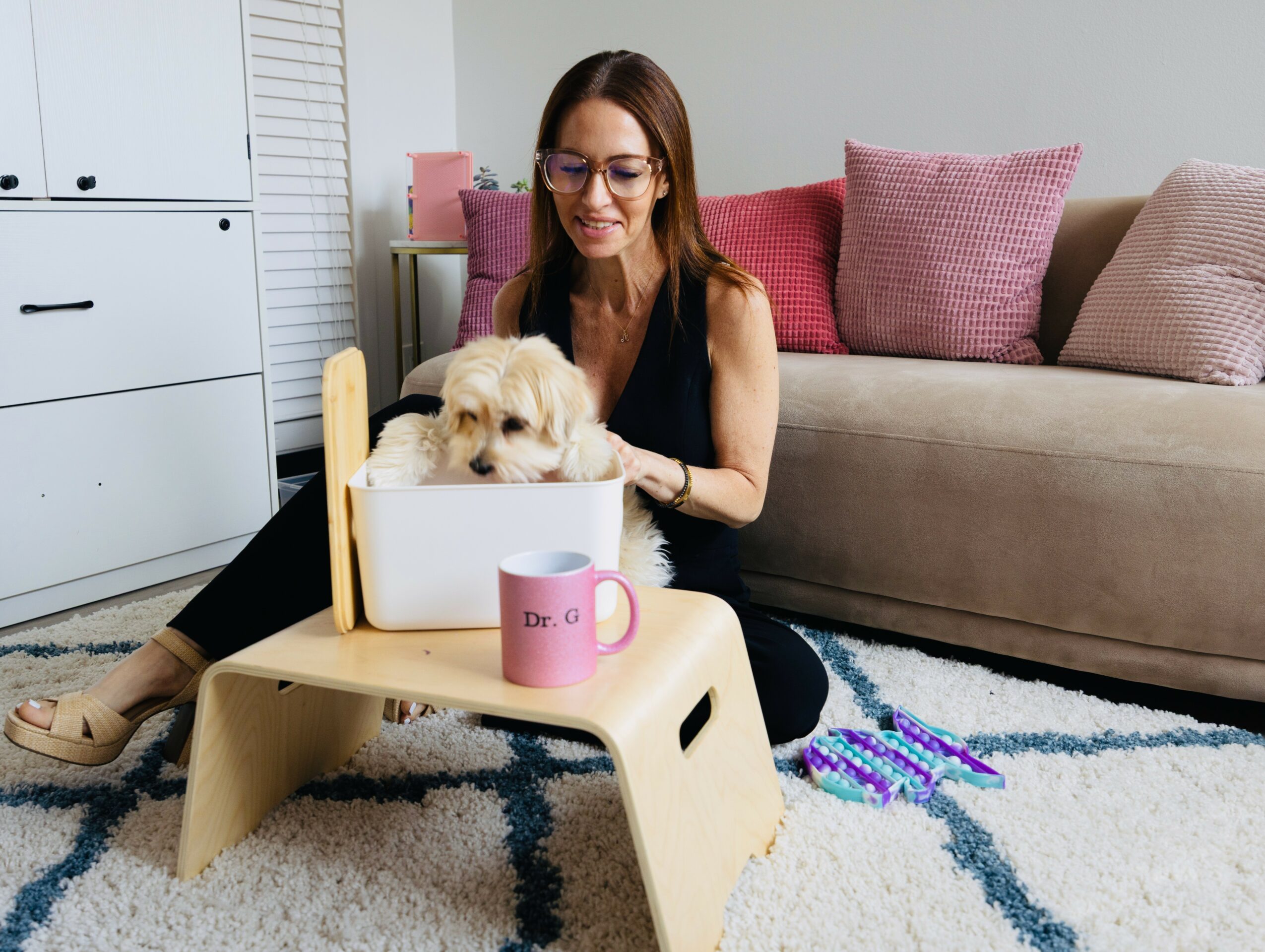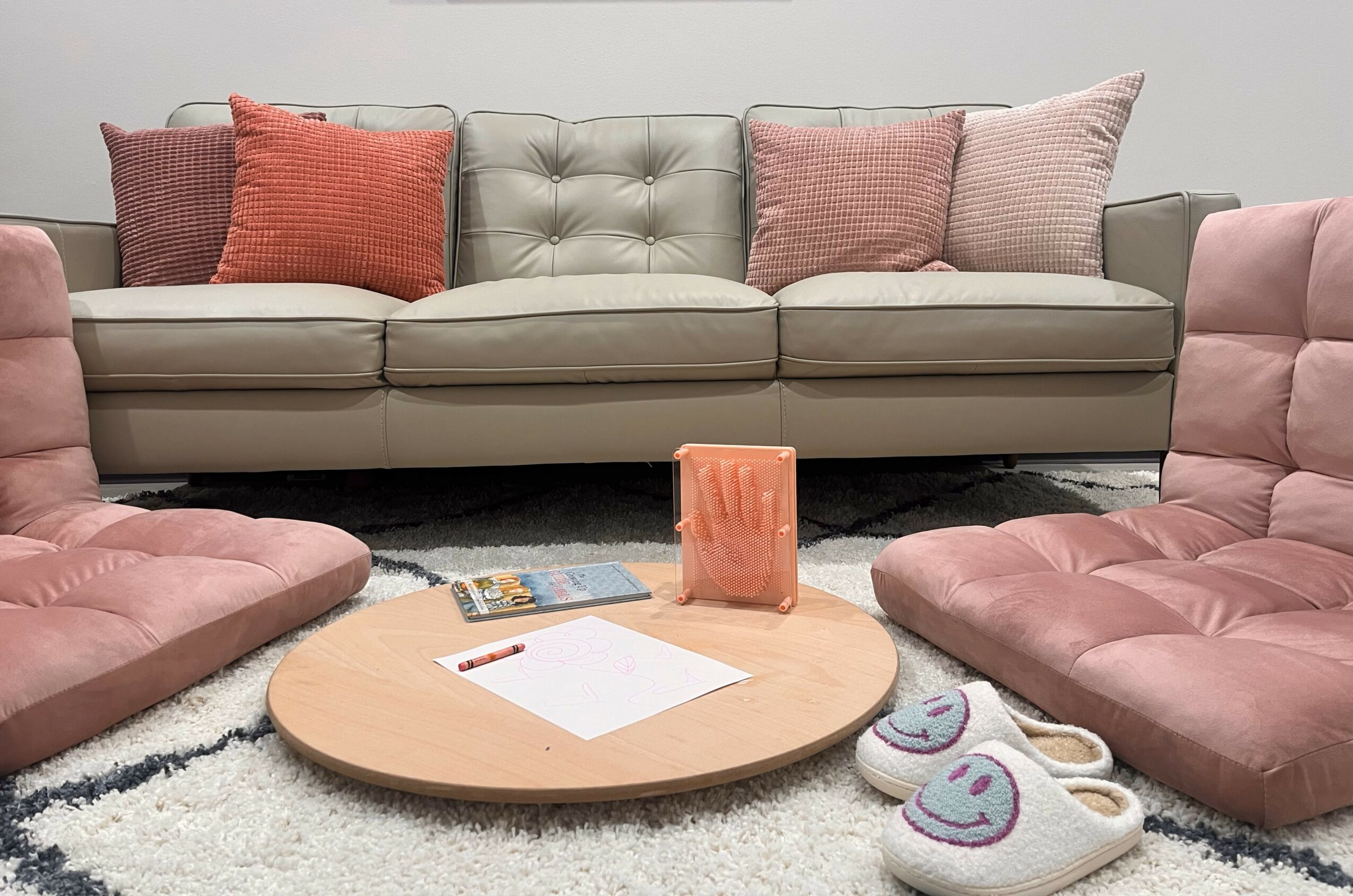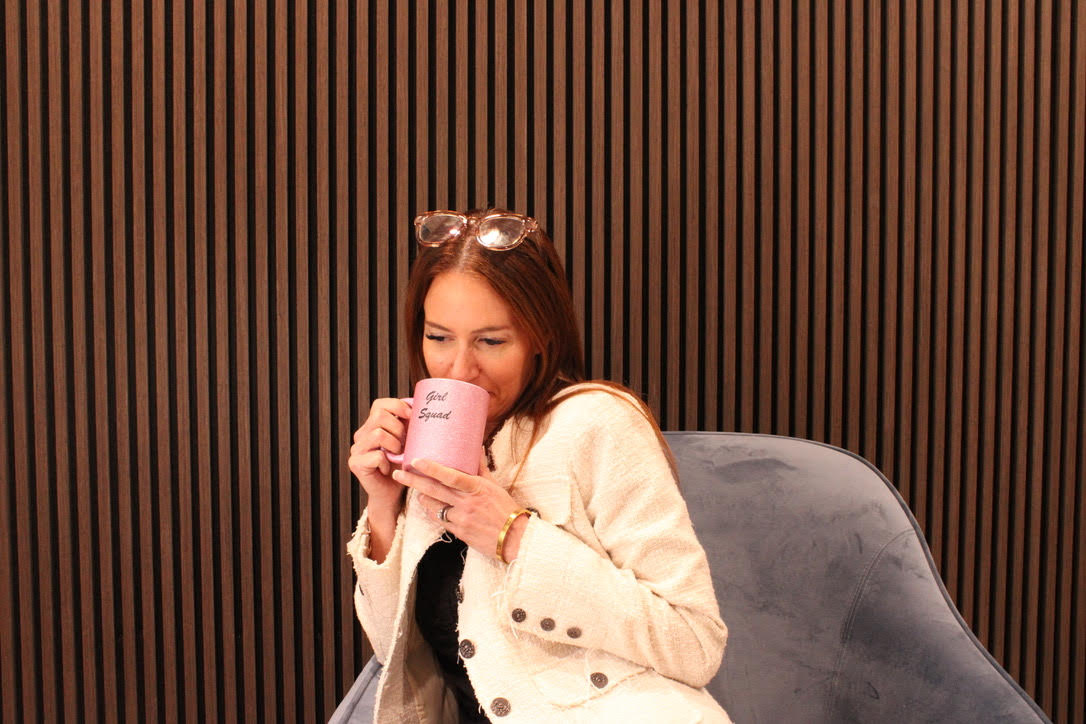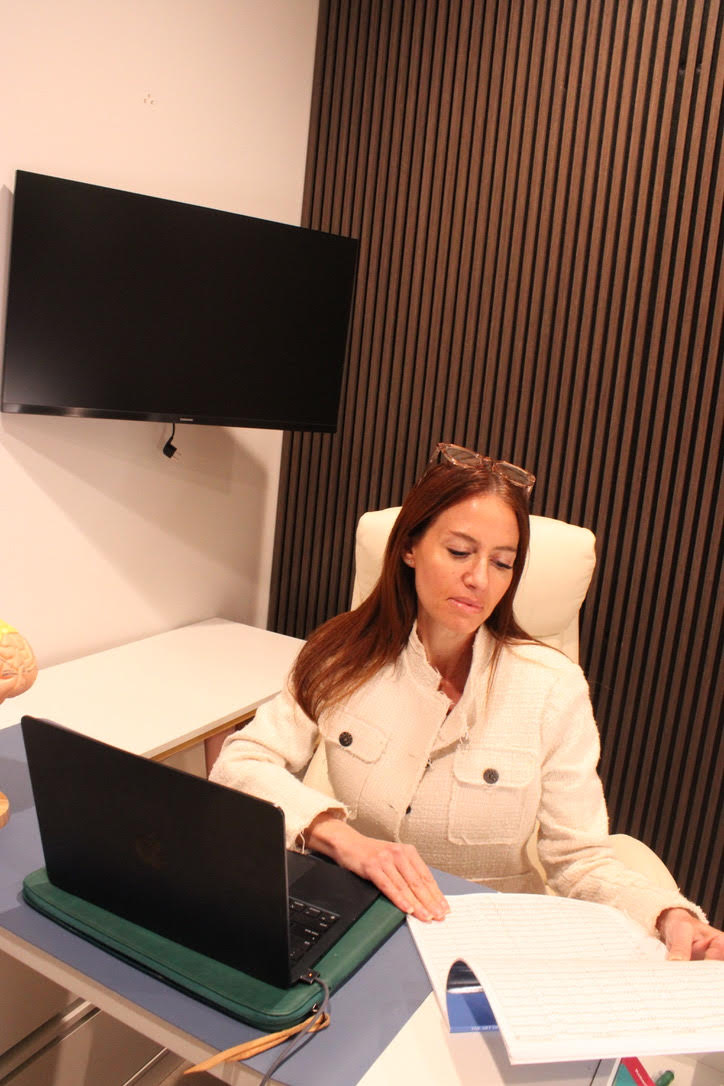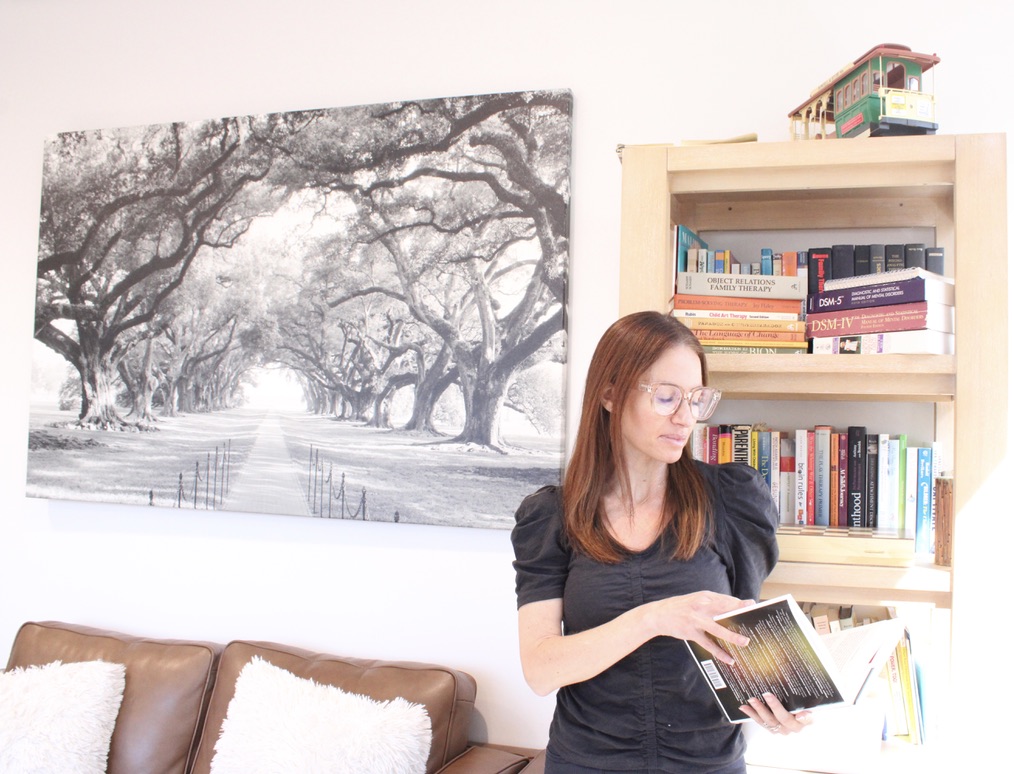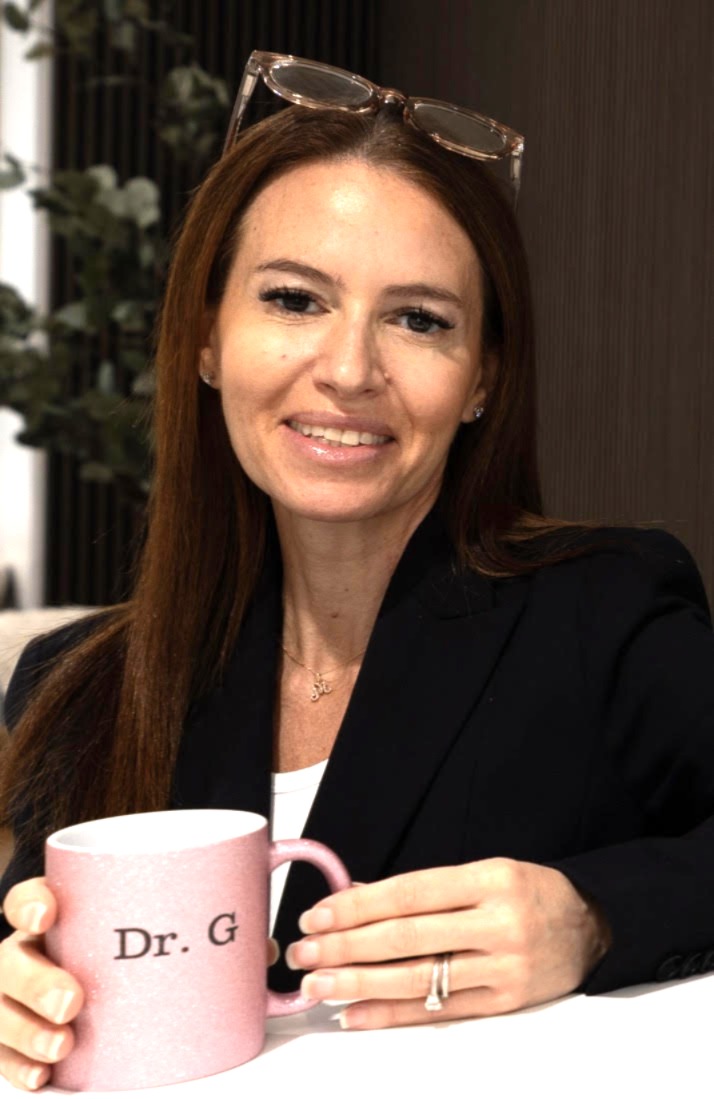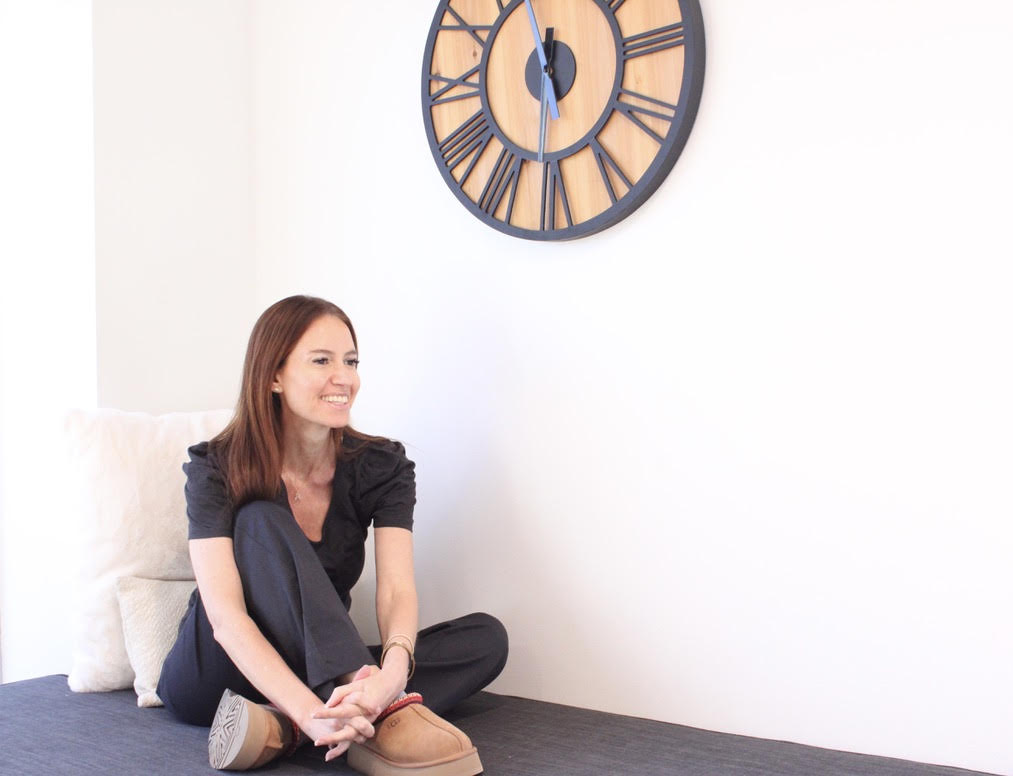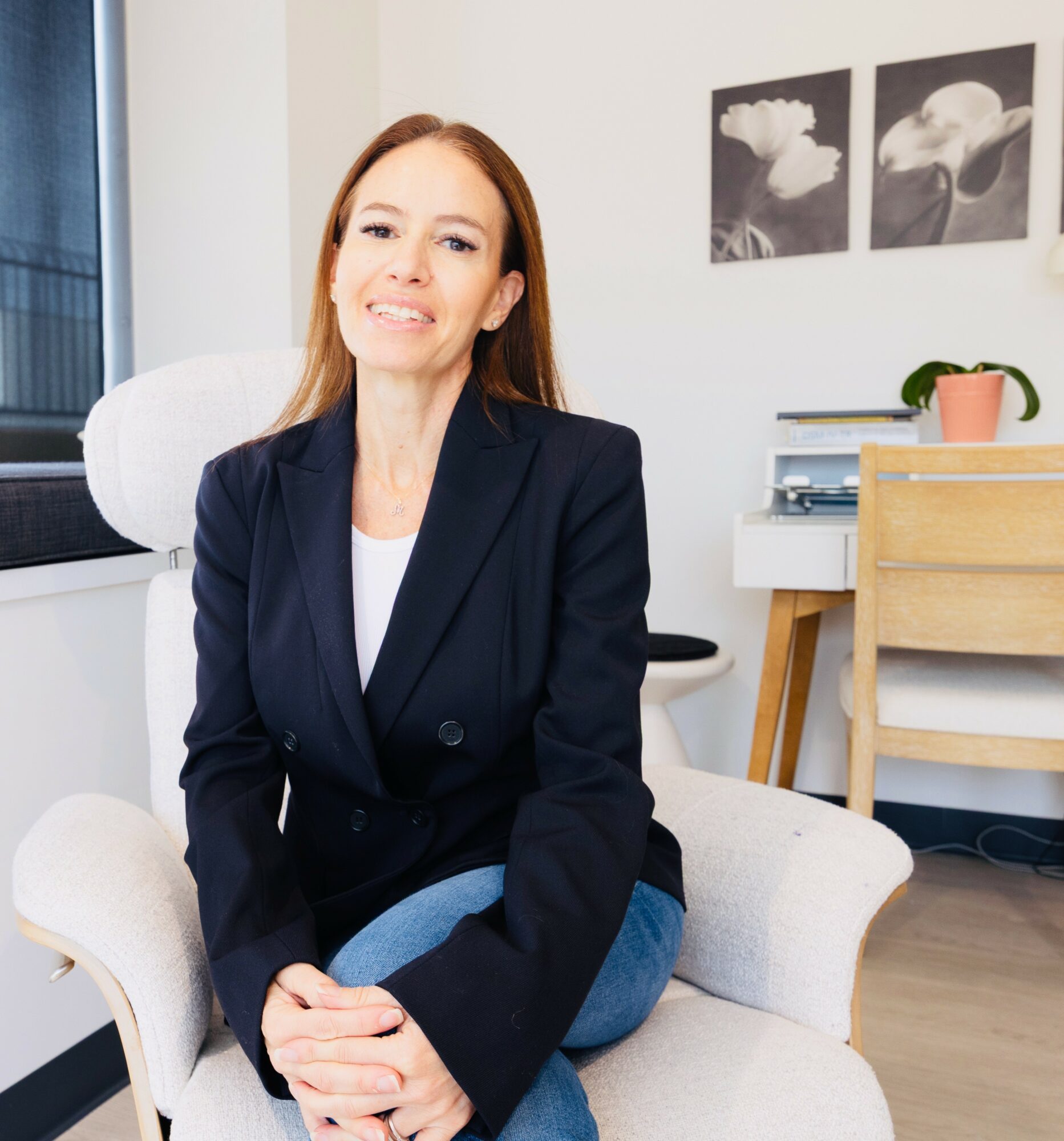

Today we’d like to introduce you to Dr. Myah Gittelson.
Hi Dr. Myah, we’d love for you to start by introducing yourself.
Myah Gittelson, PsyD
a.k.a. “Doctor Myah”
Clinical Psychologist
MY STORY
My story started as I volunteered at the state hospital in Austin, Texas while attending college. From watching the therapist work with a struggling teen and a non-verbal 7-year-old boy, I knew my career path would be in the field of Psychology. My journey took me to Los Angeles, California, where I earned a doctorate degree in Clinical Psychology from Alliant International University in 2006, with a thesis on postpartum depression. I found myself most interested in early childhood development – from parent-child attachment, to learning impairment, to peer socialization, and eventually focusing on Autism.
Meanwhile, I had started a family and, to my surprise, our 2nd child was my biggest learning experience. Simultaneous to assessing 0-5 year olds at work to determine the severity of their developmental delays, I was grappling with a parallel situation at home; my son had a speech delay, in addition to deficits in auditory processing and, later on, Attention Deficit Hyperactivity Disorder and Dyslexia. We immediately started baby sign language and speech therapy to intervene as early as possible, and it paid off. He is now a freshman at Louisiana State University.
Over the years, I realized why I enjoy conducting diagnostic assessments: to see how all the pieces of the puzzle fit together — family history, birth, parents, siblings, peers, teachers, etc. Some might ask, “Why is a diagnosis important? Isn’t it simply a label?” My response is, “So that a child or teen or adult feels validated, and others can start to understand them better.” For parents, in particular, understanding your child’s brain network can offer more effective ways to navigate their needs. I also try my best to explain the concept of meeting in the middle. Who are we to say our way is the right way? I maintain that neurodiverse individuals are living in a world that is not designed for them. Ultimately, a parent’s job is to advocate, support, and accommodate differences by finding ways to co-exist. My role is to help facilitate that process.
After working for others and gaining years of experience at the Regional Center, I launched my own private practice (Gittelson Psychology Services, Inc.) in the very beginning of COVID. At the time, hardly anyone was seeing patients in person; however, I knew it was the best way to assess young children. My small San Fernando Valley office thrived and continued to expand throughout the pandemic, requiring a bigger space centrally located in Valley Village.
Years ago, I started to notice girls were not typically being diagnosed with Autism Spectrum Disorder. I discovered, unlike boys, they were fooling us all by “masking” their behaviors. Well, this can be draining and exhausting! While parents reported significant behaviors in the home, teachers at school gave glowing recalls of the day. I went all in to find out more about this unique female phenotype presentation of the Autism Spectrum. Once I comprehended and was able to apply the diagnosis to girls, I wanted to also be a part of the intervention side. Thus, the creation of Girl Squad (GS), a social peer group for girls only. This group addresses parent concerns that most ASD interventions seem to be centered around boys. GS provides a safe place to connect with other neurodiverse girls, a place where they don’t need to pretend. I currently have several such groups — ranging from preschool to high school — with a focus on coping skills for the school, community, and home settings, as well as girls just having fun to relieve stress.
My next launch is GPS Neuro Center, in response to a growing quest for answers, coupled with the need for more direct ways to assess childhood deficits and provide alternatives to standard behavioral and medication interventions. I plan to offer emerging technology solutions, like QEEG, Neurofeedback, and PhotoBioModulation (PBM). Again, I find myself following the lead of my son, who struggled with ADHD medications while in middle school and suffered from multiple sports-related concussions. My father, psychiatrist Dr. Jay Tarnow, was an early adopter of Neurotherapy in his well-known, multidisciplinary practice located in Houston, Texas, and we signed up. After some negotiating to get my son to sit still at a computer with electrodes connected on his scalp, we finally got his full buy-in after he noticed a difference in his day-to-day ability to focus “off medication” — without feeling dulled. Flash forward five years, and my college-aged son has asked to repeat Neurotherapy treatment as a refresher. I am confident this new approach will guide others in unraveling the mystery of the brain and achieving better brain health.
At the peak of my career, it’s time to give back to future psychologists and the community. I do this by employing interns from local colleges, as well as consulting to a local special education school where I counsel teachers and parents. When I hold in-service training for my practicum students, I also invite members of other nearby psychologists’ offices to participate in knowledge-sharing sessions.
My Los Angeles story keeps evolving as I adapt to changes in the science of psychology that allow me to deliver the highest quality of care.
I’m sure it wasn’t obstacle-free, but would you say the journey has been fairly smooth so far?
Navigating graduate school, training, and taking the licensing exams were challenging as becoming a wife and mother of 3.
Great, so let’s talk business. Can you tell our readers more about what you do and what you think sets you apart from others?
Gittelson Psychology Services is my private practice, which I have grown from a solo practice to a corporation with several employees. I specialize in diagnostic assessments and treatment for the neurodiverse. I am unique with my focus on the female phenotype of Autism Spectrum Disorder and creator of Girl Squad. I also have a therapy dog, Lola, who provides comfort in group and one-on-one sessions, as needed.
We love surprises, fun facts and unexpected stories. Is there something you can share that might surprise us?
I grew up in Texas and was planning to return after graduate school in order to work at my father’s practice. Instead, I made Southern California my permanent home. The rest is history.
Contact Info:
- Website: https://www.drmyahgittelson.com
- LinkedIn: https://linkedin.com/in/myah-gittelson-psyd-80100b3a
- Other: https://www.gpsneurocenter.com
